Sleeping in your car can be a practical solution for many—whether you’re on a long road trip, facing unexpected car trouble, or simply in need of a quick rest before continuing your journey. However, what seems like a harmless act can sometimes land you in legal trouble depending on where you are. In Kentucky, like in many states, the laws surrounding this issue aren’t always straightforward. This article breaks down everything you need to know about the legality of sleeping in your car in the Bluegrass State, along with practical tips to stay safe and compliant.
Understanding Kentucky’s Laws on Sleeping in Your Car
In Kentucky, there is no statewide law that explicitly makes it illegal to sleep in your car. However, that doesn’t mean you can do it anywhere without consequences. The legality often depends on local ordinances, the context of your situation, and how you use your vehicle. For instance, if you are parked on private property without permission, you could be trespassing. Similarly, sleeping in your car while intoxicated, even if you aren’t driving, might lead to a DUI charge if the keys are accessible.
Many cities and counties in Kentucky have their own rules regarding overnight parking or loitering in vehicles. It’s essential to be aware of these local regulations to avoid fines or other penalties. Generally, resting in your car for a short period in a safe, legal parking spot is unlikely to cause issues. But prolonged stays or parking in restricted areas can attract attention from law enforcement.
Key Restrictions and Prohibited Areas
While Kentucky doesn’t ban sleeping in cars outright, certain locations are off-limits. Here are some places where you should avoid parking overnight or resting in your vehicle:
- Private Property: Sleeping in your car on someone else’s property without explicit permission is considered trespassing. This includes shopping centers, residential driveways, and other privately owned lots. Always seek approval from the property owner to avoid legal trouble.
- Rest Stops: Kentucky’s highway rest areas typically allow short naps but prohibit extended overnight stays. State regulations often limit parking to a few hours to ensure these areas remain available for travelers needing brief breaks.
- Residential Areas: Many neighborhoods have ordinances against overnight parking on public streets, especially if the vehicle is unattended or used for sleeping. These rules are often in place to maintain safety and curb unwanted activity.
- Business Parking Lots: While some stores like Walmart may allow overnight parking, this is not universal. Always check with management or look for posted signs indicating whether overnight stays are permitted.
- State and National Parks: Camping regulations usually require you to use designated campsites. Sleeping in your car outside these areas may violate park rules.
Understanding these restrictions can help you avoid unnecessary encounters with law enforcement and ensure you’re resting legally.
Safety Considerations When Sleeping in Your Car
Even if you’re complying with the law, safety should always be a priority. Here are some tips to stay secure while sleeping in your car:
- Choose Well-Lit, Populated Areas: Opt for locations like truck stops, designated rest areas, or campgrounds where other people are present. Avoid isolated or poorly lit spots that could make you vulnerable.
- Keep Doors Locked and Windows Slightly Open: Locking your doors prevents unauthorized entry, while cracking a window ensures proper ventilation.
- Be Discreet: Avoid drawing attention to yourself. Use window shades or covers for privacy, and keep valuables out of sight.
- Have an Exit Plan: In case of an emergency, know how to quickly leave the area. Park in a way that allows for easy departure without maneuvering.
- Check Local Weather Conditions: Extreme temperatures can make sleeping in a car dangerous. Ensure you have adequate bedding, ventilation, or climate control to stay comfortable.
By taking these precautions, you can rest more peacefully and reduce risks associated with sleeping in your vehicle.
Alternatives to Sleeping in Your Car
If sleeping in your car isn’t feasible or legal in your situation, consider these alternatives:
- Campgrounds: Kentucky has numerous affordable campgrounds in state parks and recreational areas. These often provide safe, legal spaces to rest overnight.
- Hotels or Motels: For a more comfortable option, budget-friendly accommodations are available in most towns and cities across the state.
- Shelters: If you’re in a difficult situation, homeless shelters or community centers may offer temporary lodging and support.
- Couchsurfing or Hospitality Networks: Platforms like Couchsurfing connect travelers with locals willing to host them for free or at a low cost.
Exploring these options can provide a safer and more reliable place to sleep while respecting local laws.
What to Do If You’re Approached by Law Enforcement
If police officers knock on your window while you’re sleeping in your car, remain calm and cooperative. Follow these steps:
- Be Polite and Respectful: Greet the officer courteously and keep your hands visible to avoid misunderstandings.
- Explain Your Situation: Briefly state why you’re parked there—for example, you’re resting during a long drive or waiting out bad weather.
- Provide Identification if Requested: Have your driver’s license, registration, and proof of insurance ready.
- Know Your Rights: You have the right to remain silent and the right to refuse searches unless the officer has a warrant or probable cause.
Most officers will understand if you’re respectful and transparent. If you’re asked to move, comply peacefully to avoid escalation.
Conclusion
Sleeping in your car in Kentucky is generally permissible if you follow local laws and use common sense. While there’s no blanket prohibition, being mindful of where you park, how long you stay, and safety measures can make all the difference. Always prioritize legal and secure locations, and consider alternatives when possible. By staying informed and cautious, you can ensure that your rest stop doesn’t turn into a legal headache. Safe travels!
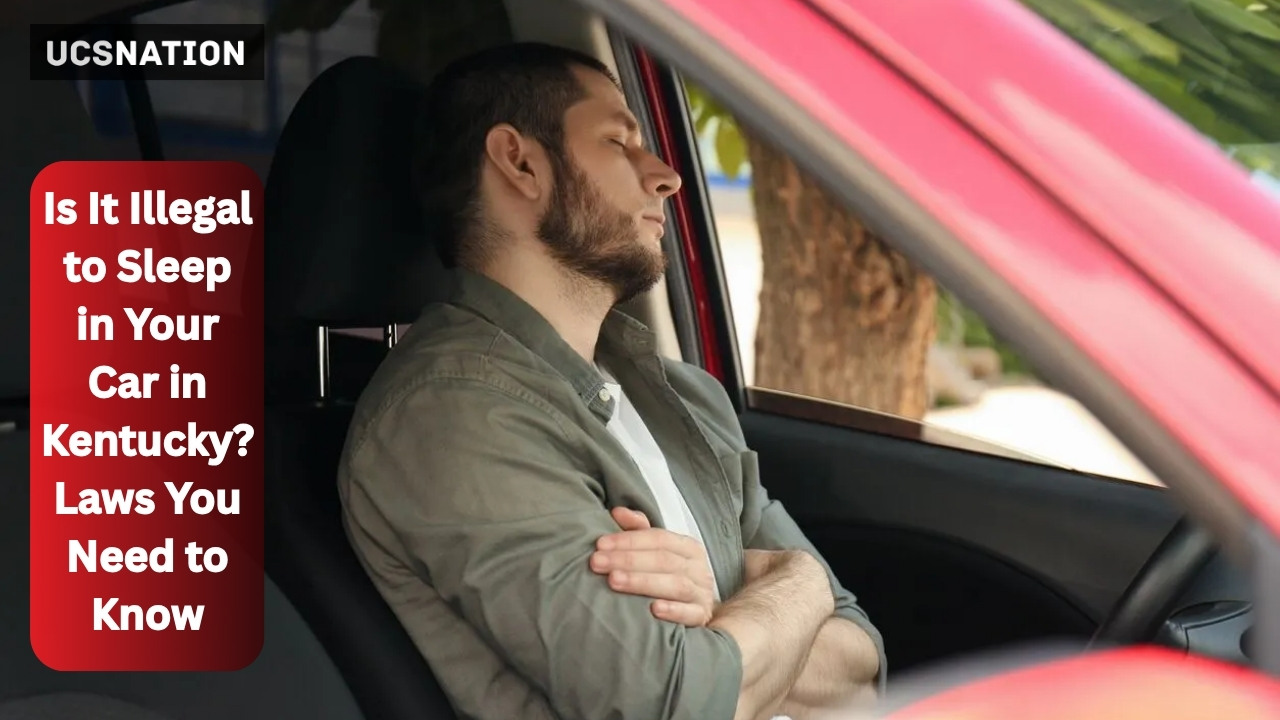





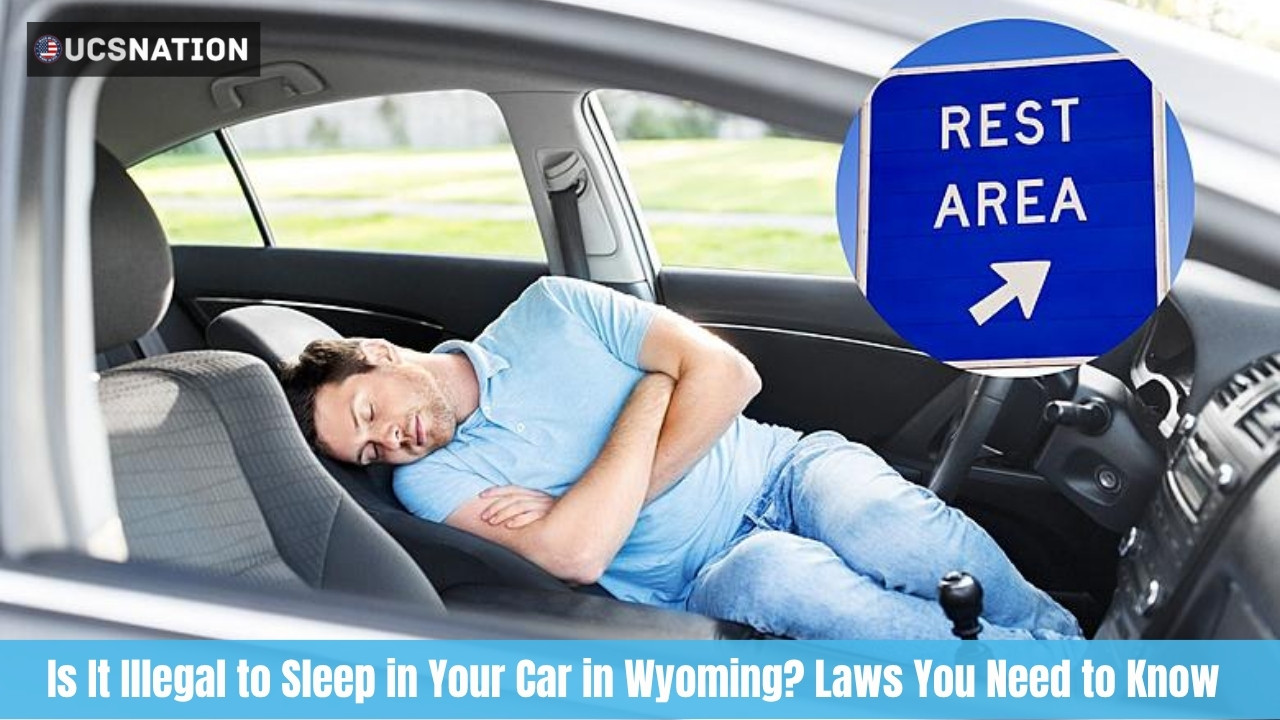
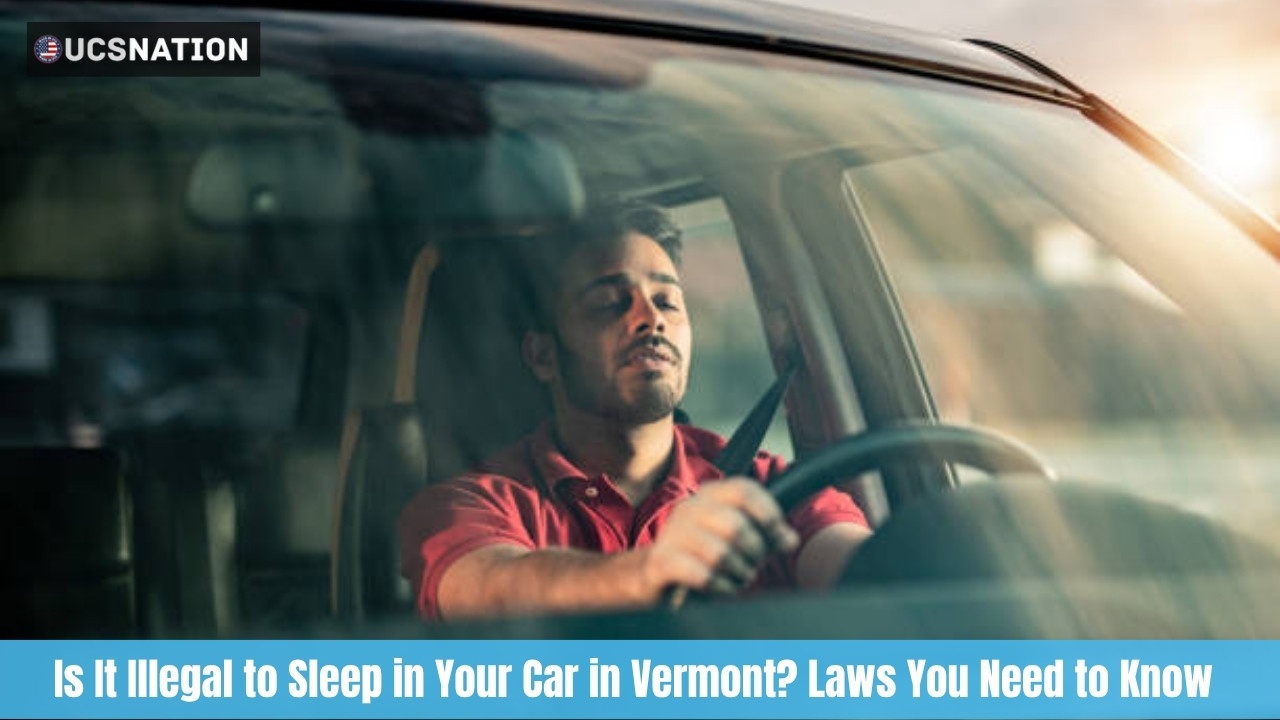
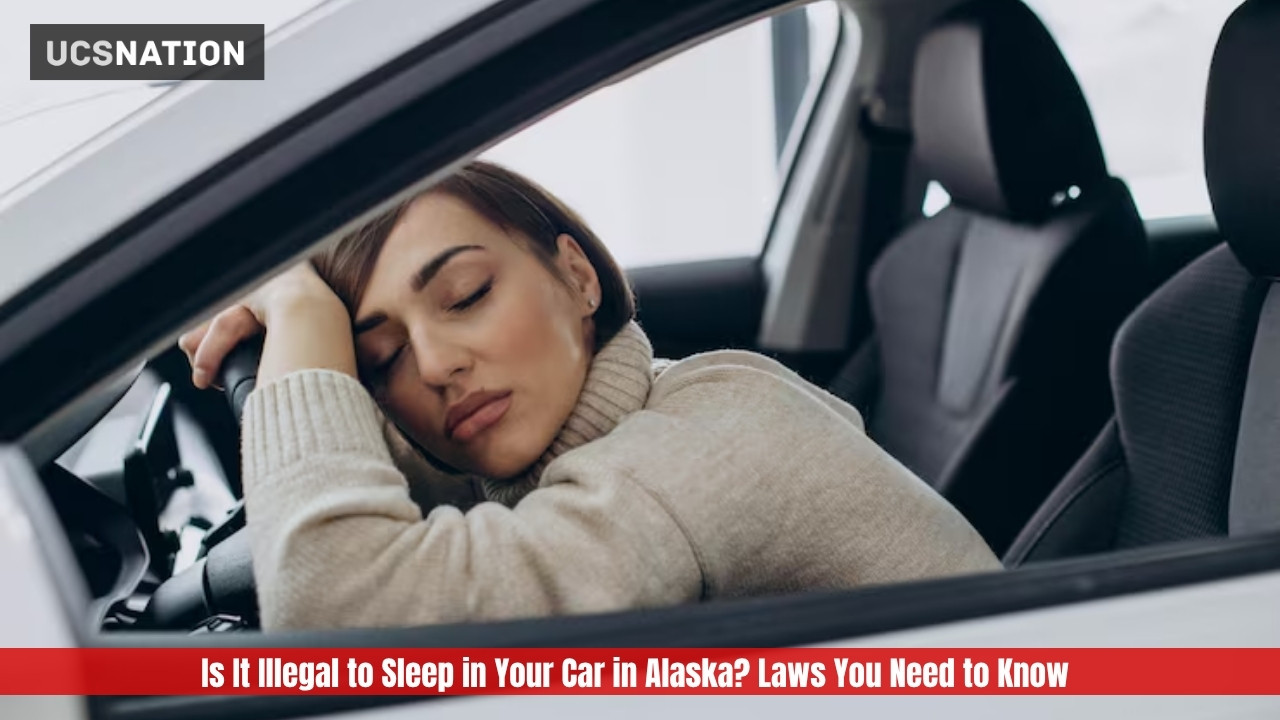
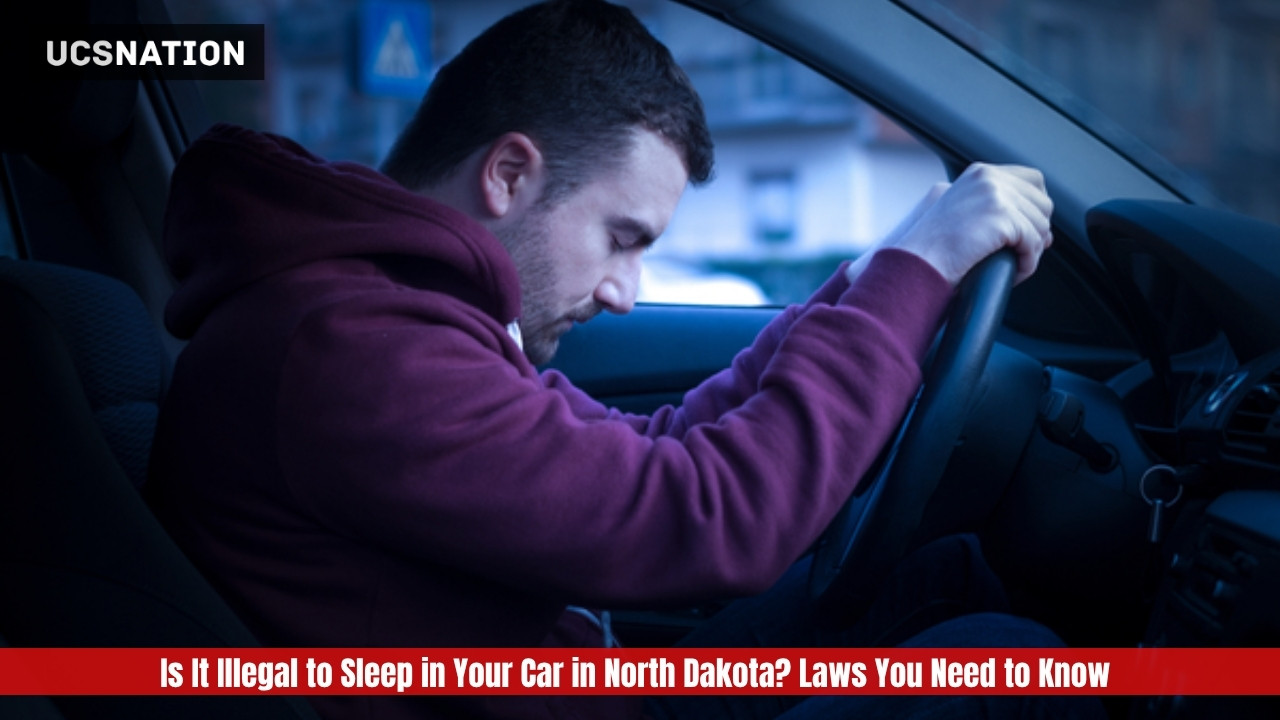
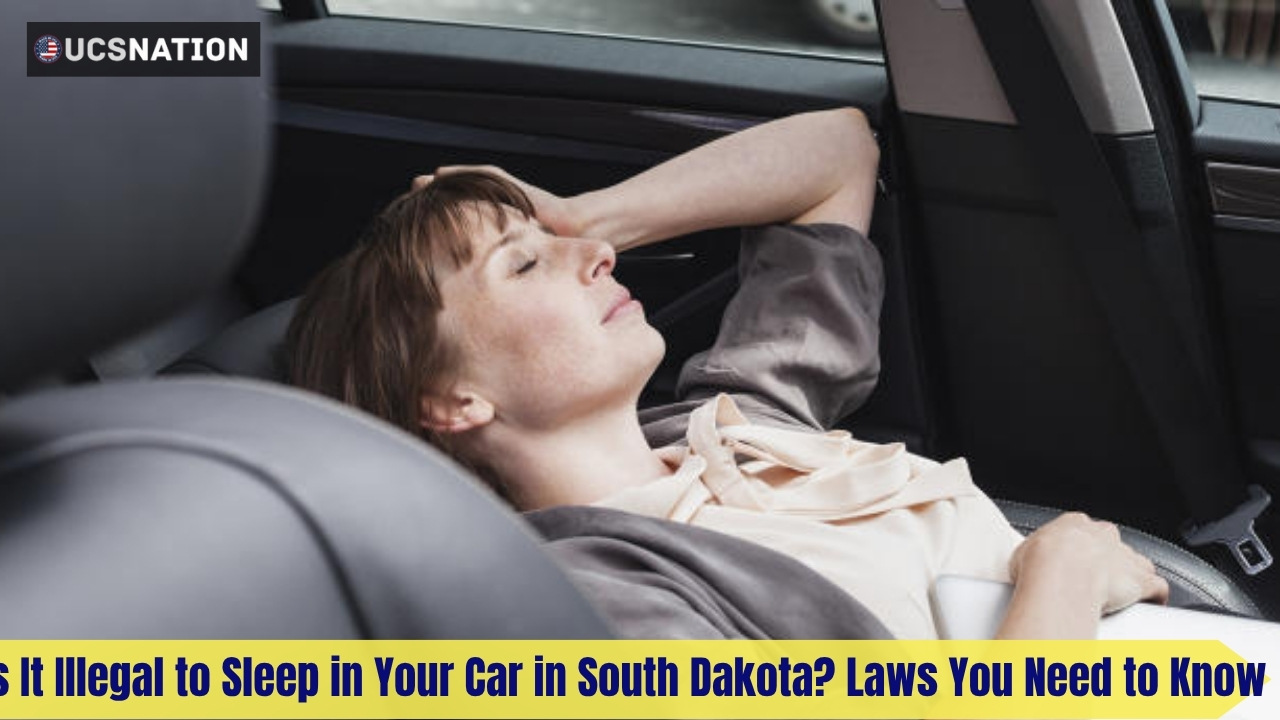




Leave a Reply